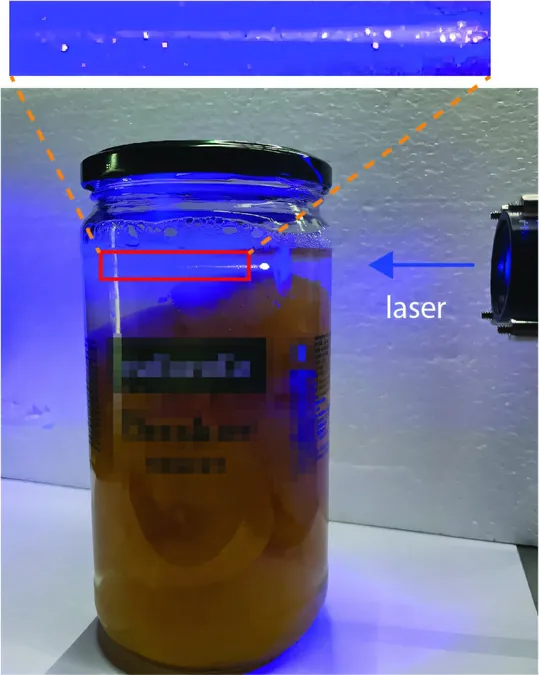
Rizatriptan Falls Flat: No Relief for Vestibular Migraine in First Hour
2025-05-28
Author: John Tan
The Latest Findings on Vestibular Migraine Treatment
In a groundbreaking study conducted by researchers at UCLA and the Mayo Clinic, the migraine medication rizatriptan has been shown to provide no significant advantage over a placebo for patients suffering from vestibular migraine. This revelation could shift the way neurological specialists approach treatment for this debilitating condition.
What is Vestibular Migraine?
Vestibular migraine, notorious for causing debilitating episodes of vertigo, affects an estimated 2.7% of the population. It's a primary concern for those visiting specialized dizziness clinics, yet there's a surprising lack of compelling clinical evidence to support the use of traditional migraine medications, particularly triptans.
Study Overview and Findings
The research, titled "Rizatriptan vs. Placebo for Attacks of Vestibular Migraine," appeared in JAMA Neurology and meticulously designed a double-blind, randomized trial format. It aimed to assess how effective rizatriptan—a rapid-close-acting migraine medication—could be in easing acute symptoms.
A total of 222 adults diagnosed with vestibular migraine participated in the trial, with 134 entering the treatment phase, evaluating 204 migraine attacks rigorously. Participants were randomly assigned to receive either 10 mg of rizatriptan or a placebo at the onset of their symptoms.
However, after one hour, the results were disheartening. Only 48.3% of participants treated with rizatriptan reported any improvement in vertigo, compared to 56.8% in the placebo group—a difference that failed to achieve statistical significance.
No Significant Side Effects, But No Relief Either
While no severe adverse effects were reported, patients treated with rizatriptan did experience increased fatigue and drowsiness—common side effects associated with this medication. Interestingly, both treatment and placebo groups reported similar rates of additional medication use.
Conclusion: Reassessing Treatment Strategies
The researchers concluded that rizatriptan does not provide meaningful relief from vestibular migraine attacks within the first hour of treatment. "Results of this study do not support routine use of rizatriptan for treating vestibular migraine attacks," the team stated, prompting a reassessment of treatment options for those affected by this challenging condition.


 Brasil (PT)
Brasil (PT)
 Canada (EN)
Canada (EN)
 Chile (ES)
Chile (ES)
 Česko (CS)
Česko (CS)
 대한민국 (KO)
대한민국 (KO)
 España (ES)
España (ES)
 France (FR)
France (FR)
 Hong Kong (EN)
Hong Kong (EN)
 Italia (IT)
Italia (IT)
 日本 (JA)
日本 (JA)
 Magyarország (HU)
Magyarország (HU)
 Norge (NO)
Norge (NO)
 Polska (PL)
Polska (PL)
 Schweiz (DE)
Schweiz (DE)
 Singapore (EN)
Singapore (EN)
 Sverige (SV)
Sverige (SV)
 Suomi (FI)
Suomi (FI)
 Türkiye (TR)
Türkiye (TR)
 الإمارات العربية المتحدة (AR)
الإمارات العربية المتحدة (AR)